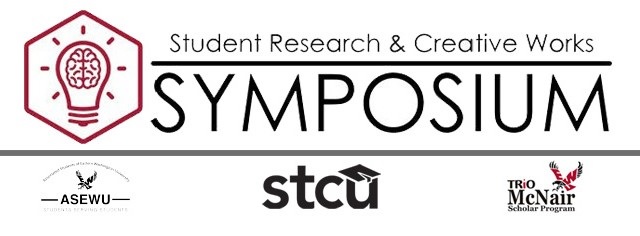Virulence of Drosophila C virus increased on the novel host during a host shift in Drosophila species
Faculty Mentor
Dr. Luis Matos
Loading...
Document Type
Oral Presentation
Publication Date
Spring 5-18-2020
Department
Biology
Abstract
The outcomes of novel host-pathogen interactions are unpredictable. They can result in host switching events and widespread infection within a novel host species. Studying the initial encounter between a pathogen and a novel host species can provide insight as to why some pathogens successfully infect and adapt on a novel host when others fail. Much of our understanding of host pathogen interactions was developed using serial passage experiments (SPEs) with bacteria. Three accepted SPE generalities have emerged: virulence increases on the novel host, the pathogen experiences convergent evolution, and the evolved pathogen will become less able to infect its native host. Our study aims to challenge the generality that virulence will increase on the novel host using the more complex Drosophila (fruit fly) host and the highly virulent pathogen Drosophila C virus (DCV). The fitness of DCV was utilized as a proxy for virulence (pathogen’s harm to host) and investigated over 10 serial passages of the pathogen. The number of eggs, unhatched eggs, pupae, and adults were measured along with the days to pupae and to adult. We observed significant decreases in fecundity for both hosts but no significant effects on developmental metrics. The novel host experienced a significantly larger decrease in survivability than the native host. This study suggests the SPE generality of increased virulence in the novel host may hold with a more complex host and highly virulent pathogen.
Recommended Citation
Johnson, Katie, "Virulence of Drosophila C virus increased on the novel host during a host shift in Drosophila species" (2020). 2020 Symposium Oral Presentations. 16.
https://dc.ewu.edu/srcw_2020_oral_presentations/16
Creative Commons License

This work is licensed under a Creative Commons Attribution-NonCommercial-No Derivative Works 4.0 International License.


